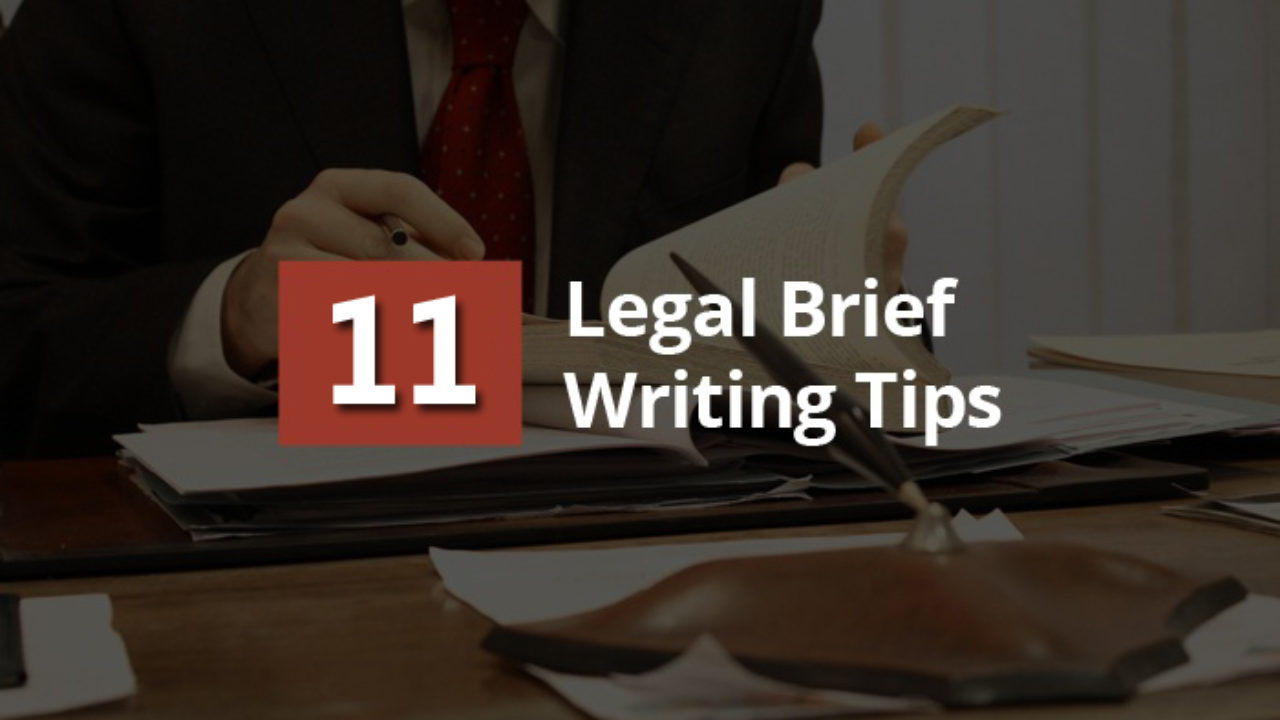
Enhancing Legal Briefing Skills: Effective Tips for Success
Legal briefing is a critical skill for legal professionals, providing concise and informative communication. This article explores valuable tips to enhance legal briefing skills, empowering practitioners to convey complex information with clarity and precision.
Understanding the Audience and Purpose
Before diving into the details, legal professionals must grasp the audience and purpose of the briefing. Tailoring the content to the needs of the intended readers and aligning it with the briefing’s purpose ensures that the information is relevant and impactful.
Clarity in Language and Structure
Clear communication is paramount in legal briefs. Use plain language and organize information logically. A well-structured brief with a clear introduction, concise arguments, and a strong conclusion facilitates understanding and demonstrates professionalism.
Precision and Brevity
Legal briefs demand precision. Avoid unnecessary details and focus on the key points. Be concise without sacrificing clarity. Judges and other legal professionals appreciate brevity, especially when time is of the essence.
Thorough Legal Research
Effective legal briefing relies on thorough legal research. Ensure that your arguments are backed by solid legal principles, statutes, and precedents. Rigorous research not only strengthens your position but also instills confidence in the accuracy of your brief.
Cite Applicable Law and Precedents
Supporting your arguments with relevant laws and precedents is crucial. Provide citations for each legal point to substantiate your position. This not only strengthens your case but also allows readers to verify and reference the sources.
Tailoring Style to Judicial Preferences
Different judges may have distinct preferences for legal briefs. Familiarize yourself with the preferences of the judges you may appear before. Adapting your style to align with these preferences can enhance the effectiveness of your briefs.
Seeking Constructive Feedback
Continuous improvement is key to mastering legal briefing. Seek feedback from colleagues, mentors, or even opposing counsel. Constructive criticism can highlight areas for improvement and help refine your briefing skills over time.
Utilizing Technology for Efficiency
Embrace technology to enhance the efficiency of your legal briefing process. Legal research tools, drafting software, and document management systems can streamline tasks, allowing you to focus more on the content and quality of your briefs.
Practicing Effective Time Management
Legal professionals often work under tight deadlines. Develop effective time management skills to ensure that your briefs are delivered on time without compromising quality. Prioritize tasks, set realistic goals, and allocate sufficient time to each aspect of the briefing process.
Staying Updated on Legal Developments
Legal landscapes evolve, and staying informed about recent developments is essential. Subscribe to legal publications, attend seminars, and engage in professional development to stay updated on changes in laws, regulations, and judicial interpretations that may impact your briefs.
Legal Briefing Skills Enhancement Tips
For additional insights and resources on enhancing legal briefing skills, visit www.lille-place-juridique.org. This comprehensive resource offers valuable information to help legal professionals refine their briefing techniques and excel in conveying legal arguments effectively. Remember, mastering legal briefing is an ongoing journey towards becoming a more proficient and influential legal advocate.
